Литература по созданию игр Ссылки
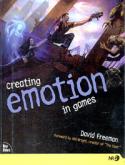
Начаная от базовых знаних C/C++, DirectX и Opengl, заканчивая теорией игр.
Пополняется...

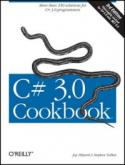
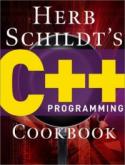
Legendary programming author Herb Schildt shares some of his favorite programming techniques in this high-powered C++ "cookbook." Organized for quick reference, each "recipe" shows how to accomplish a practical programming task. A recipe begins with a list of key ingredients (classes, functions, and headers) followed by step-by-step instructions that show how to assemble them into a complete solution. Detailed discussions explain the how and why behind each step, and a full code example puts the recipe into action. Each recipe ends with a list of options and alternatives that suggest ways to adapt the technique to fit a variety of situations. Whether you're a beginner or an experienced pro, you'll find recipes that are sure to satisfy your C++ programming appetite!
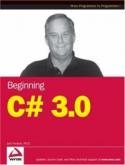
Beginning C# is written for those readers with no prior programming experience who want a thorough, yet easy to understand, introduction to C# and Object Oriented Programming.
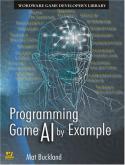
Techniques covered include state- and goal-based behavior, inter-agent communication, individual and group steering behaviors, team AI, graph theory, search, path planning and optimization, triggers, scripting, scripted finite state machines, perceptual modeling, goal evaluation, goal arbitration, and fuzzy logic.
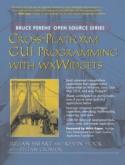
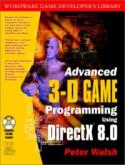
Among the topics discussed are: * Lighting and shading schemes * Networking and multithreading * Texture mapping * Scene management
Along with several sample applications that target specific algorithms, full source code is provided for a client-server networked 3-D first-person game that demonstrates many of the techniques discussed in the book. This gives readers the opportunity to develop their own code easily, basing it upon the technology discussed in the book.
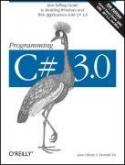
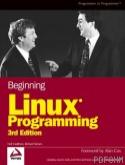
The authors guide you step by step, using construction of a CD database application to give you hands-on experience as you progress from the basic to the complex.
You’ll start with fundamental concepts like writing Linux programs in C. You’ll learn basic system calls, file I/O, interprocess communication, and shell programming. You’ll become skilled with the toolkits and libraries for working with user interfaces. The book starts with the basics, explaining how to compile and run your first program. First, each concept is explained to give you a solid understanding of the material. Practical examples are then presented, so you see how to apply the knowledge in real applications.
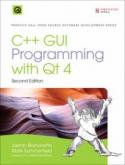
Using Trolltech's Qt you can build industrial-strength C++ applications that run natively on Windows, Linux/Unix, Mac OS X, and embedded Linux without source code changes. Now, two Trolltech insiders have written a start-to-finish guide to getting outstanding results with the latest version of Qt: Qt 4.3.
Packed with realistic examples and in-depth advice, this is the book Trolltech uses to teach Qt to its own new hires. Extensively revised and expanded, it reveals today's best Qt programming patterns for everything from implementing model/view architecture to using Qt 4.3's improved graphics support. You'll find proven solutions for virtually every GUI development task, as well as sophisticated techniques for providing database access, integrating XML, using subclassing, composition, and more. Whether you're new to Qt or upgrading from an older version, this book can help you accomplish everything that Qt 4.3 makes possible.